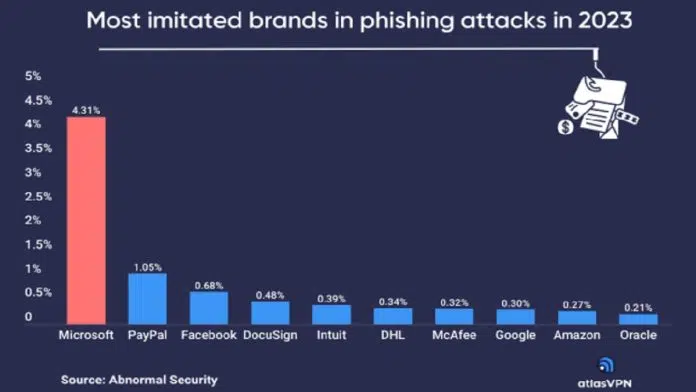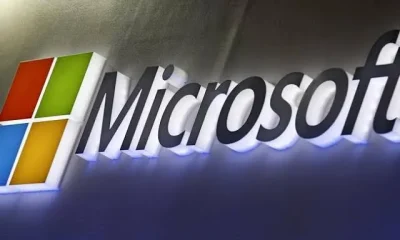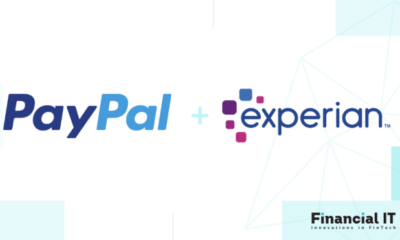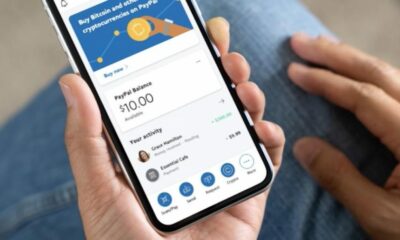Headlines
Microsoft, Paypal Made Lists Of Most Impersonated Brands In Phishing Attacks

Popular operating software, Microsoft and Paypal, a digital payment provider, have been listed to be the most impersonated brands in phishing attacks in 2023 across the world.
BrandNewsDay reports that Atlas VPN made this disclosure in data presented by the company’s team based on a report by Abnormal Security, Microsoft was by far the most impersonated brand by cybercriminals.
Atlas VPN’s report revealed that Microsoft’s likeness was imitated over 650,000 times, recording about 4.31% of all phishing attacks among 350 brands.
Some other reputable companies were present in the top three, including one of the most well-established and widely used digital payment systems, PayPal (1.05%) and social media giant Facebook (0.68%), Atlas noted in the note shared with MarketForces Africa.
“Cloud-based electronic signature technology provider DocuSign (0.48%) ranked fourth, while financial and business management company Intuit (0.39%) and the world’s leading logistics company DHL (0.34%) landed in fifth and sixth place, respectively.
“Other brands among the top ten include computer security software company McAfee (0.32%), leading internet search engine Google (0.30%), the world’s largest online retailer Amazon (0.27%), and the largest database management company worldwide, Oracle (0.21%)”, the company said.
By impersonating well-known brands like the ones listed above including global technology companies, cybercriminals reliably leverage the victim’s trust and undermine their caution, making it easier to trick them into giving up account credentials or exposing them to malware via malicious links.
Fraudsters usually achieve this by collecting public information through corporate websites and social media accounts and scouting targets with access to sensitive information and credentials.
Imposters can then create a message that masks itself as a message from the impersonated brand to solicit information from said targets, Atlas VPN said in the note.











